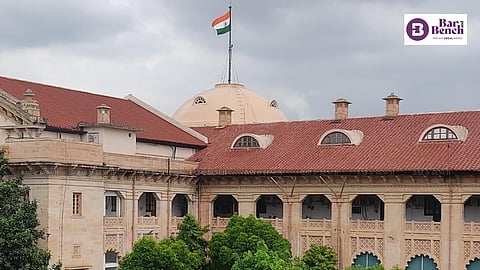The Allahabad High Court recently said that circulation of a message claiming that someone was implicated in a false case due to their religion, amounts to creating or promoting feelings of enmity, hatred and ill-will between religious communities [Afaq Ahmad v. State of UP and Others].

